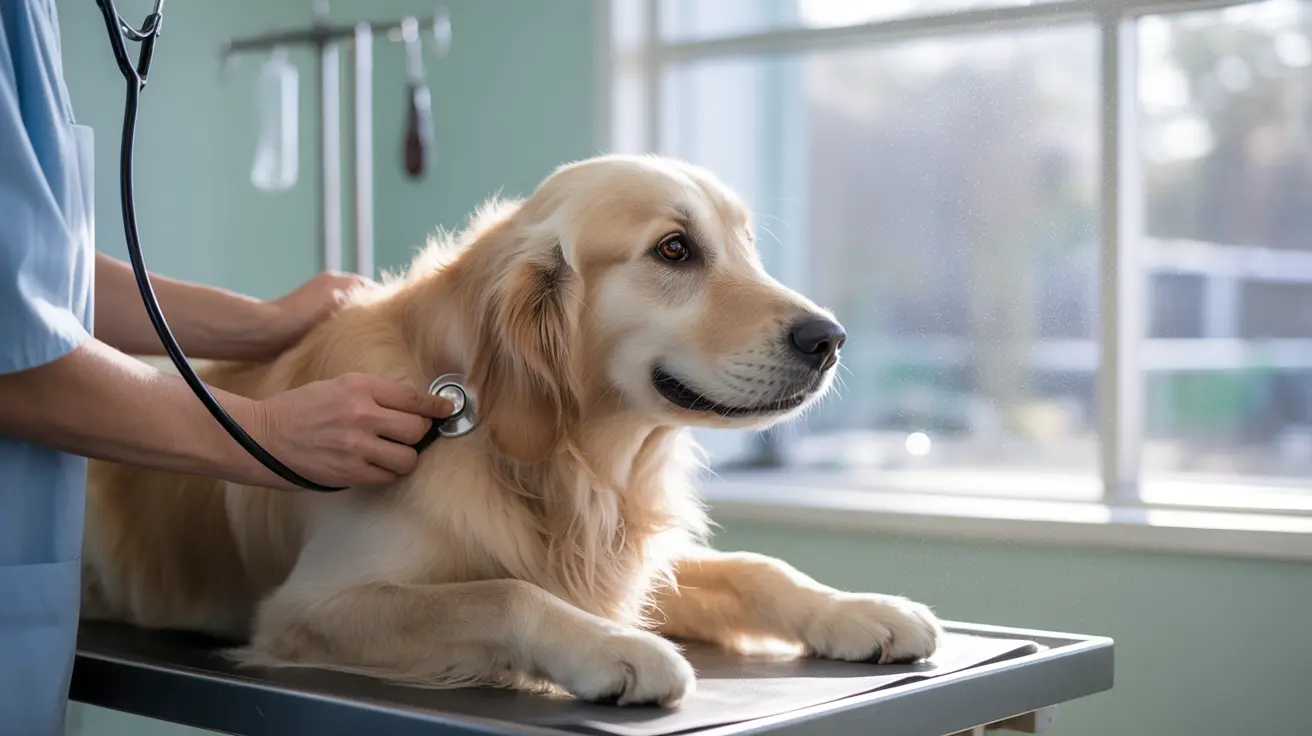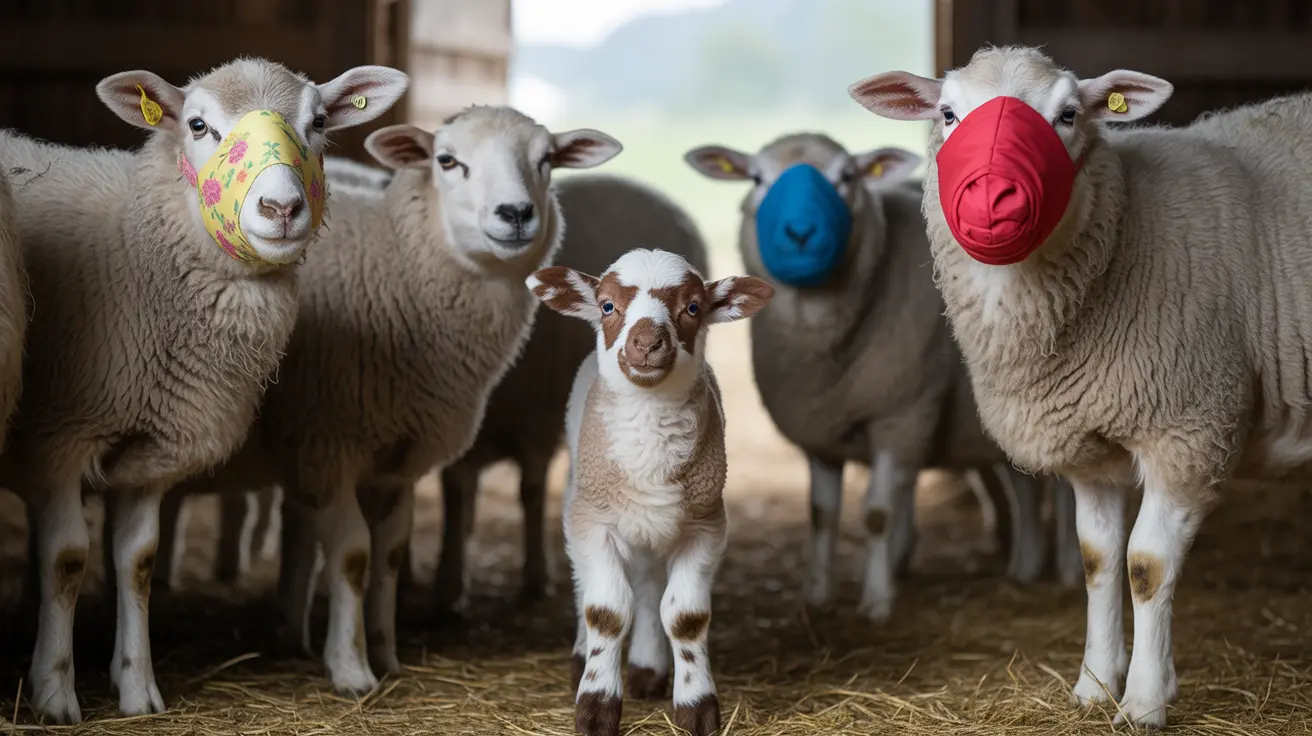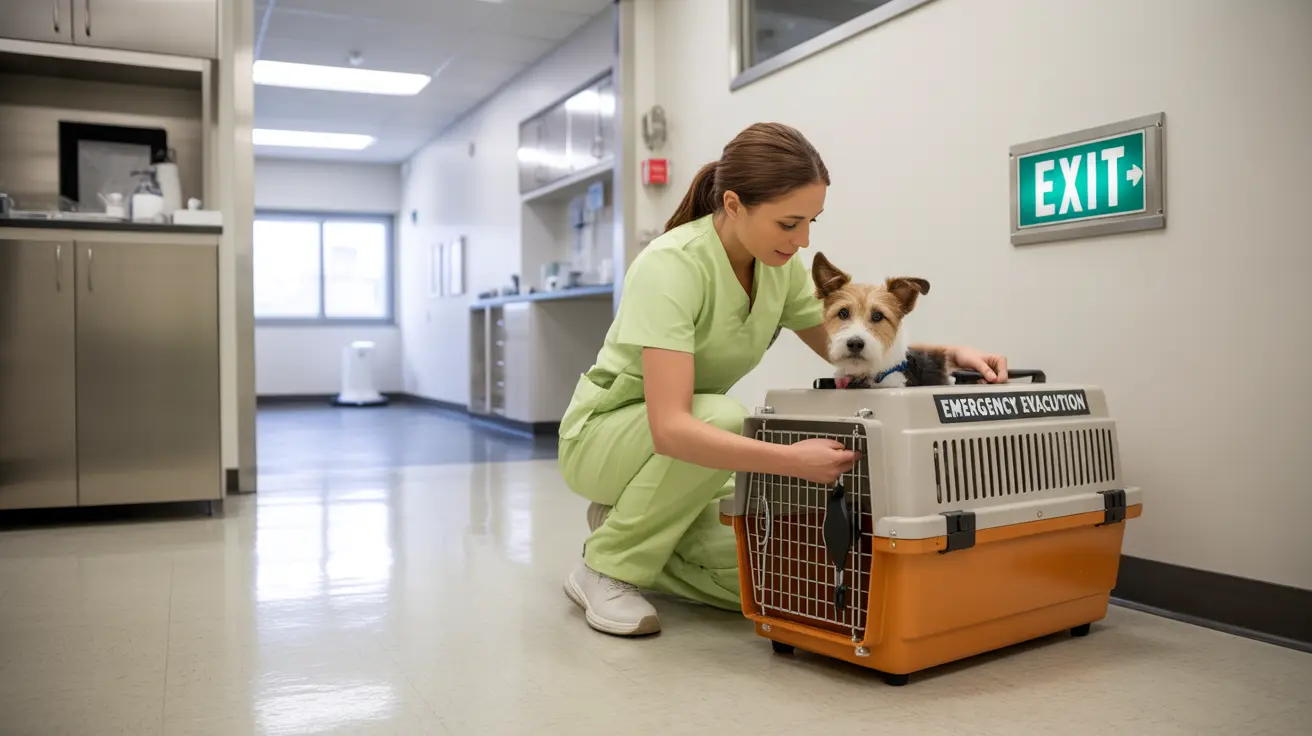Do Dogs Protect Their Owners While They Sleep?
Many dog owners have wondered: “Does my dog protect me when I sleep?” The simple answer is often yes. Dogs, descended from wolves, have retained strong instincts rooted in pack behavior and loyalty. This includes a natural drive to protect members of their human ‘pack’—especially during vulnerable times like sleep.
Understanding Canine Protective Instincts
Dogs are social animals with an inherent desire to protect their pack. When you become a part of that pack, your dog often feels responsible for your safety. This behavior is commonly observed during the night, when human senses are less sharp and the environment is quieter—conditions that, to a dog’s instincts, might mean greater danger.
- Loyalty: Dogs tend to form deep emotional bonds with their owners. These connections foster a sense of duty to watch over you.
- Instinct: Canine protective behavior can stem from centuries of evolution. Even domesticated dogs often prioritize alertness while you sleep.
- Territoriality: Many dogs are naturally territorial and will monitor your home overnight for any potential threats.
Behavioral Signs Your Dog is Watching Over You
If your dog sees himself as your guardian, you might notice the following behaviors at night:
- Sleeping near your bed, sometimes directly in front of the door.
- Being alert to unfamiliar sounds or footsteps outside.
- Following you from room to room before bedtime.
- Staying awake longer than necessary, occasionally with ears perked or tail twitching.
Some dogs even interrupt their own rest if they sense unfamiliar activity nearby, cueing into doors creaking, cars pulling up, or nocturnal animal sounds.
Breed Tendencies Toward Protection
While all dogs can show protective behavior, certain breeds are more predisposed to the role of nighttime guardian:
- German Shepherds – Known for their keen alertness and loyalty.
- Rottweilers – Calm but highly protective when it comes to family members.
- Boxers – Energetic and attentive companions with strong guard instincts.
- Labrador Retrievers – Friendly but alert dogs that often sleep close to their humans.
- Dobermans – Vigilant and loyal, they are natural protectors.
Even smaller or seemingly less aggressive breeds may show protective instincts in their own way—barking to alert the household at odd noises or adjusting sleeping spots to remain closer to their human.
Emotional Comfort and Safety
It’s not just physical protection that dogs offer. There's emotional security in having a dog sleep near you. Their presence can help reduce feelings of anxiety, loneliness, or fear. Dogs often match your breathing and become attuned to your emotional states, offering silent companionship through the night.
Things to Be Cautious About
While your dog's nighttime guardianship is endearing, you should be aware of potential issues:
- Overprotectiveness: Some dogs may become hypervigilant, barking excessively or displaying aggression toward harmless stimuli.
- Sleep Disruption: A dog that is too alert may wake you up unnecessarily.
- Separation Anxiety: Constant sleeping beside you may deepen separation issues during the day.
Encouraging Healthy Protection Without Aggression
To maintain a well-balanced guardian, training and socialization are key.
- Establish Set Sleeping Areas: Your dog doesn’t have to sleep in your bed to offer protection. A bed near your room provides both comfort and distance.
- Use Positive Reinforcement: Reward calm, non-aggressive behavior with praise and treats.
- Introduce Routine: Predictable bedtime rituals signal to your dog when to relax and when to be alert.
- Desensitize to Sounds: Gradual exposure to normal nighttime noises helps your dog differentiate between real threats and everyday occurrences.
Conclusion: More Than Just Protection
Your dog’s watchful nature is rooted in more than just protection—it’s an extension of love, trust, and loyalty. So, the next time your pup curls at your feet or positions themselves between you and the door, understand it as a gesture of care. Whether with a growl, a bark, or just unwavering attention, dogs instinctively take on the role of protector—especially when you’re asleep and at your most vulnerable.





